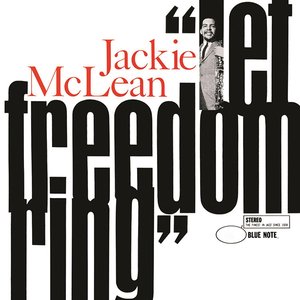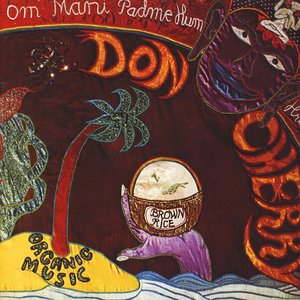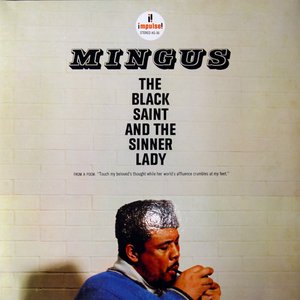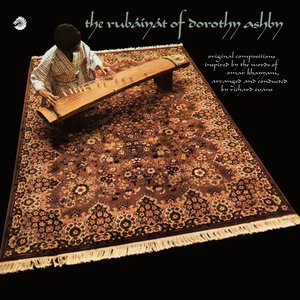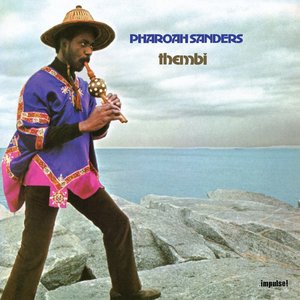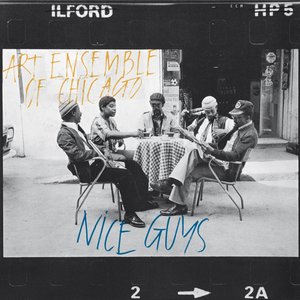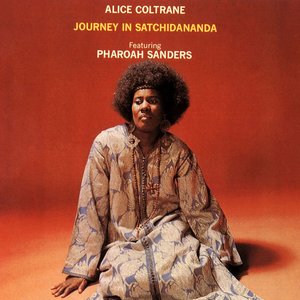Wiki
-
Release Date
1999
-
Length
11 tracks
For those about to get terribly excited at the prospect of a new Alice Coltrane album, don't; this is a compilation from her years on Impulse! solo and with her late husband. But, given the radical juxtaposition of some of these works, this seems like a new Alice disc just the same. Assembled by the crack team of Patrick Forge and Kerstan Mackness, this set is gorgeously sequenced and, while debatable among people who have nothing better to do, is the only way this track selection could go. Quibbling over the actual tunes is ridiculous: "Lovely Sky Boat," "I Want to See You," "Galaxy in Turyia," "Blue Nile," "Universal Consciousness," "Battle at Armageddon," "A Love Supreme" (the version from World Galaxy with Frank Lowe on saxophone, Ben Riley on drums, and Reggie Workman on bass with Alice playing piano, organ, and harp, as well as a string section), "Journey in Satchidananda," "Galaxy Around Oldumare," and the tracks "Peace on Earth," from John Coltrane's Infinity album, and "The Sun," from the controversial Cosmic Music album. They are impeccable choices that represent the full range of Alice Coltrane's shamefully undernoticed contribution to jazz. Here, with a host of musicians that includes not only those previously mentioned, but also Pharoah Sanders, Jack DeJohnette, Jimmy Garrison, Rashied Ali, Joe Henderson, Leroy Jenkins, Elvin Jones, Ron Carter, and many others, the depth and dimension of Alice Coltrane's musical vision can be articulated within the context of (mostly) her own work. Again, the way that Mackness and Forge have culled and sequenced the track selection is seamless, offering the development of Coltrane's creative voice as a pianist, harpist, organist, composer, and improviser — not to mention arranger — as a process, a constant evolution from high to even higher. The music is revelatory in how it uses color and tension to articulate tonal speech, and how it uses improvisation within the context of particular timbres. For those who have the catalog, this may come as a welcome refresher course; for those encountering Alice Coltrane's work for the first time, there simply is no other choice.
Album descriptions on Last.fm are editable by everyone. Feel free to contribute!
All user-contributed text on this page is available under the Creative Commons Attribution-ShareAlike License; additional terms may apply.

